
5 May 2016, 3:00 - 7:30pm
William Mong Hall, Sidney Sussex College, 澳门六合彩开奖记录
As part of an ongoing commitment to the exploration of Polish-Ukrainian issues, 澳门六合彩开奖记录 Polish Studies,听 and the presented a public symposium on the connections between two popular revolutions in Central and Eastern Europe: the Polish "Solidarity" revolution of the 1980s and the "Maidan" movement (or movements)听of post-1991 independent Ukraine.
听
Speakers included:
Krzysztof Bobi艅ski (President, Unia & Polska)听
Zbigniew Bujak听(legendary听leader听of the Solidarity movement)
Pawe艂 Kowal (researcher听at the听Institute for Political Studies at the Polish Academy of Sciences)
Andrii听Portnov听(historian at听Humboldt University)听
Marci Shore听(intellectual historian at听Yale University)
Oksana Zabuzhko听(Ukraine's most celebrated contemporary听novelist)
听
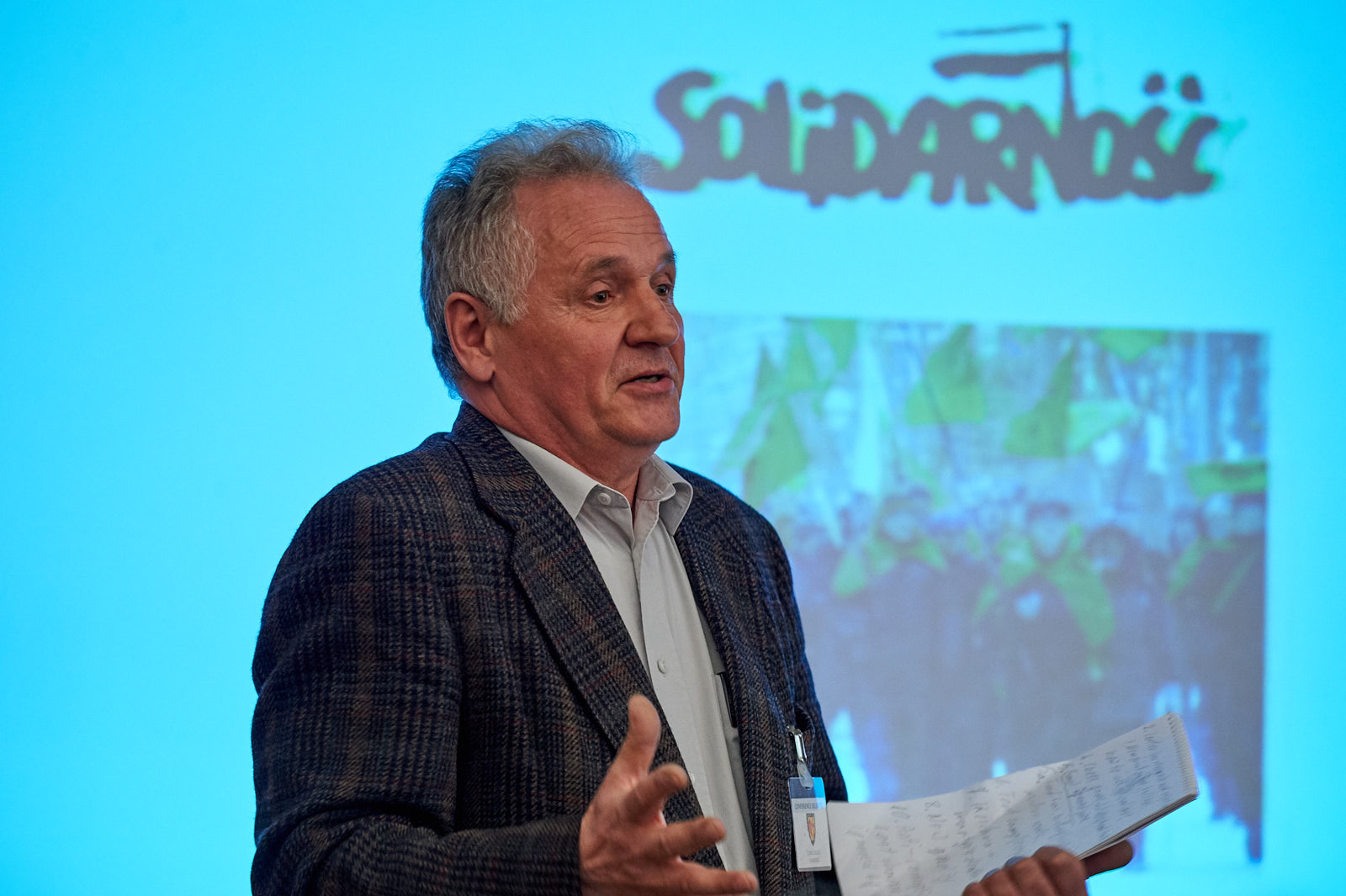
Zbigniew Bujak.
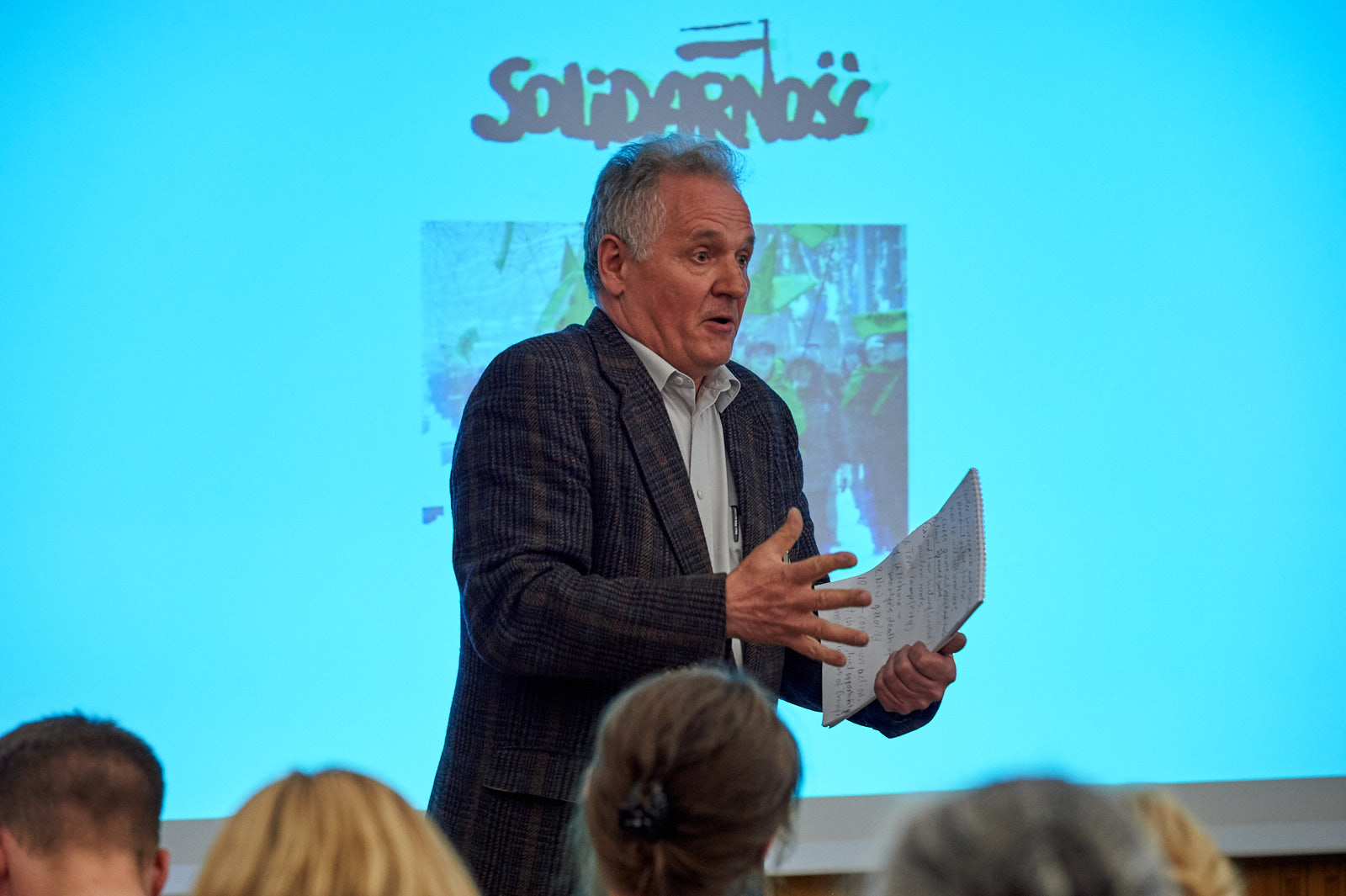
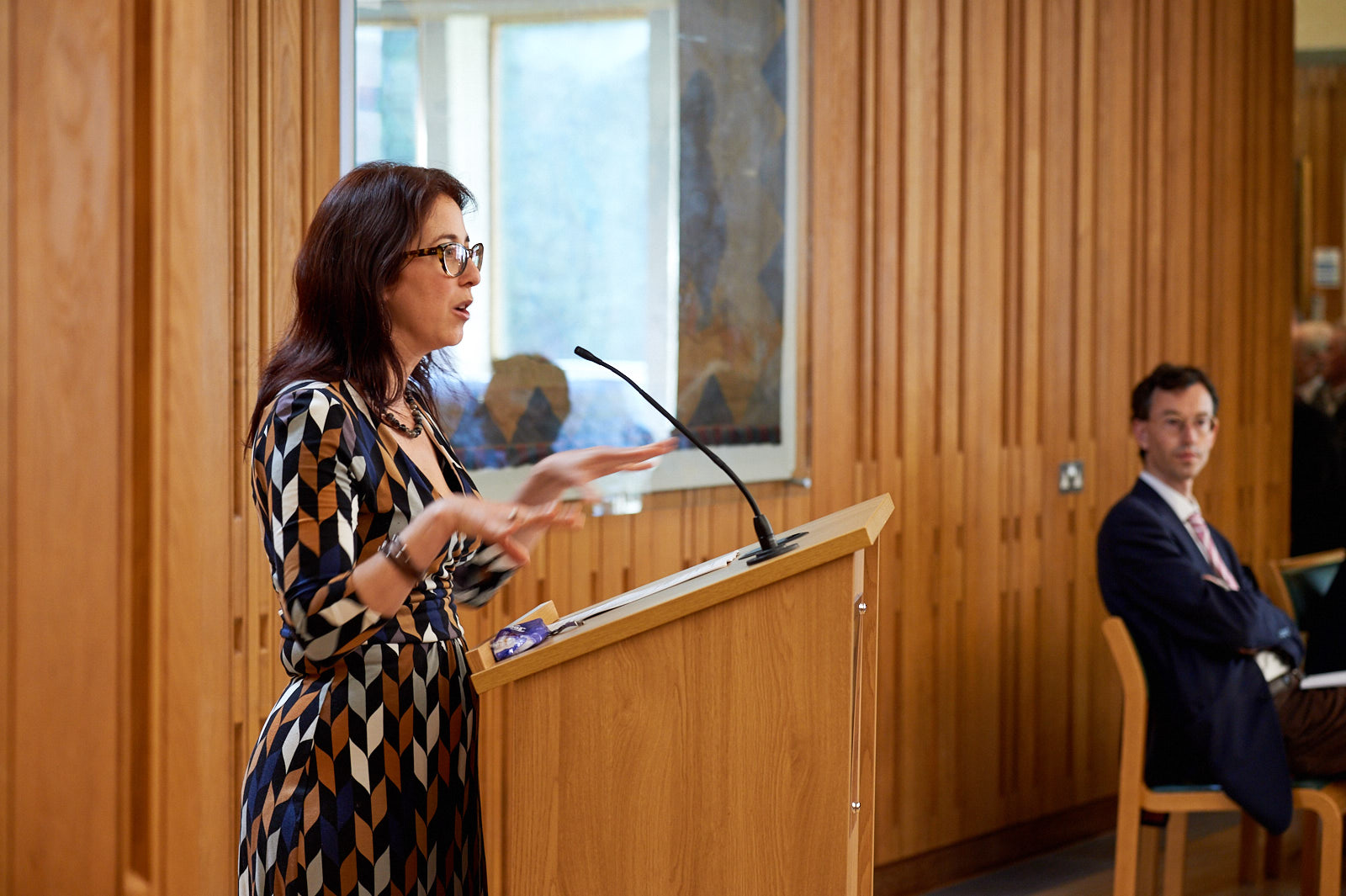
Marci Shore.
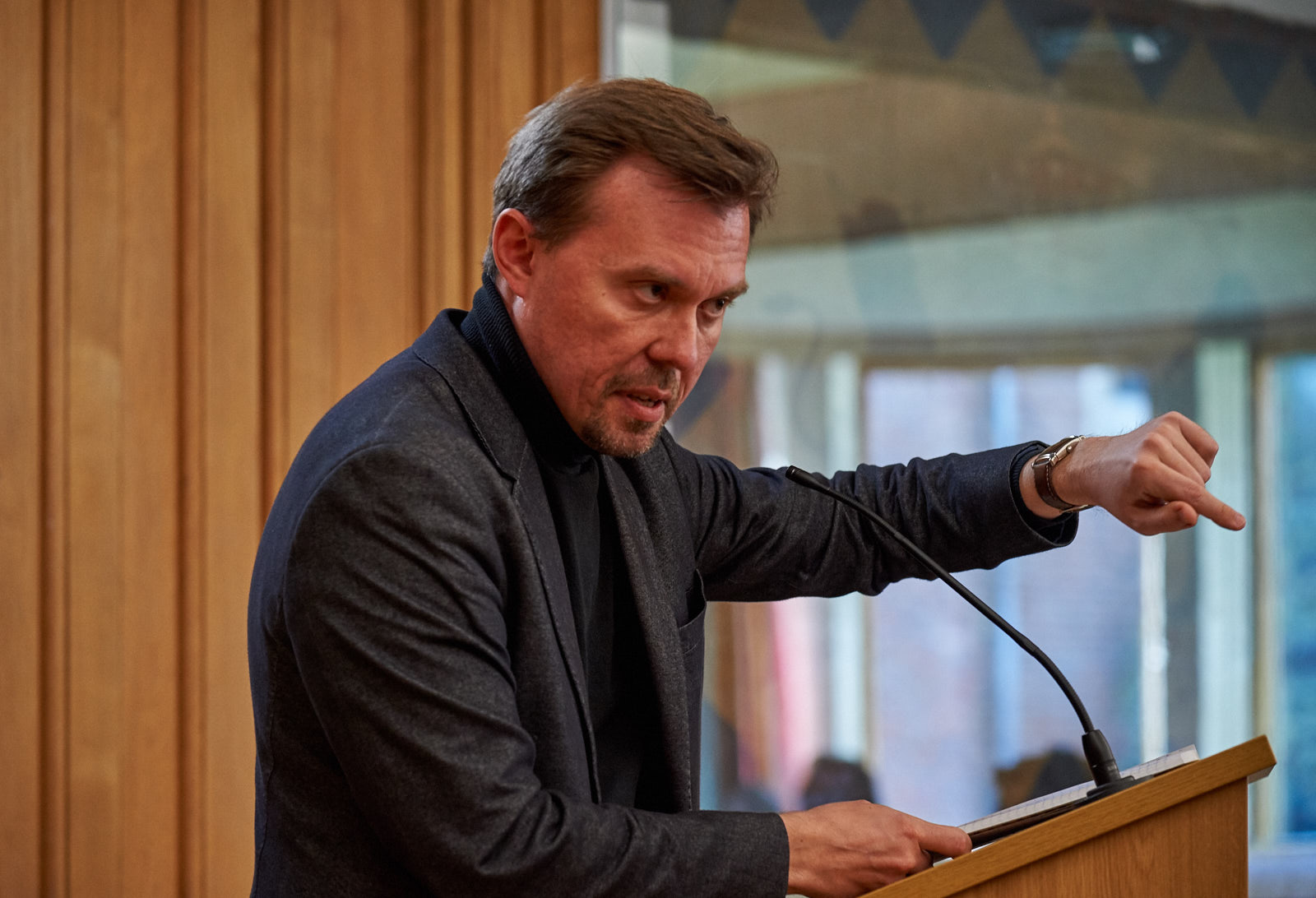
Andrii Portnov.
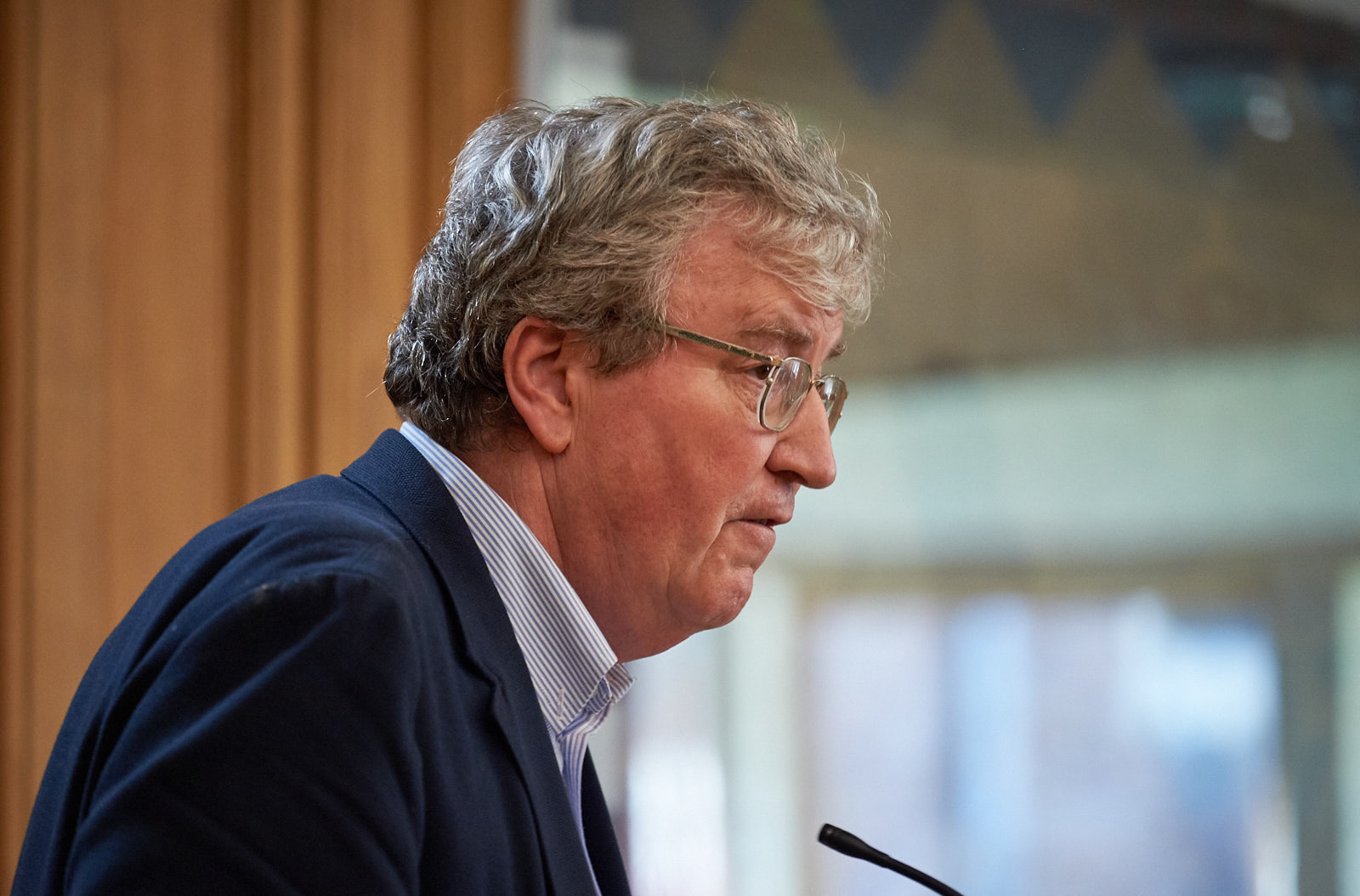
Krzysztof Bobinski.
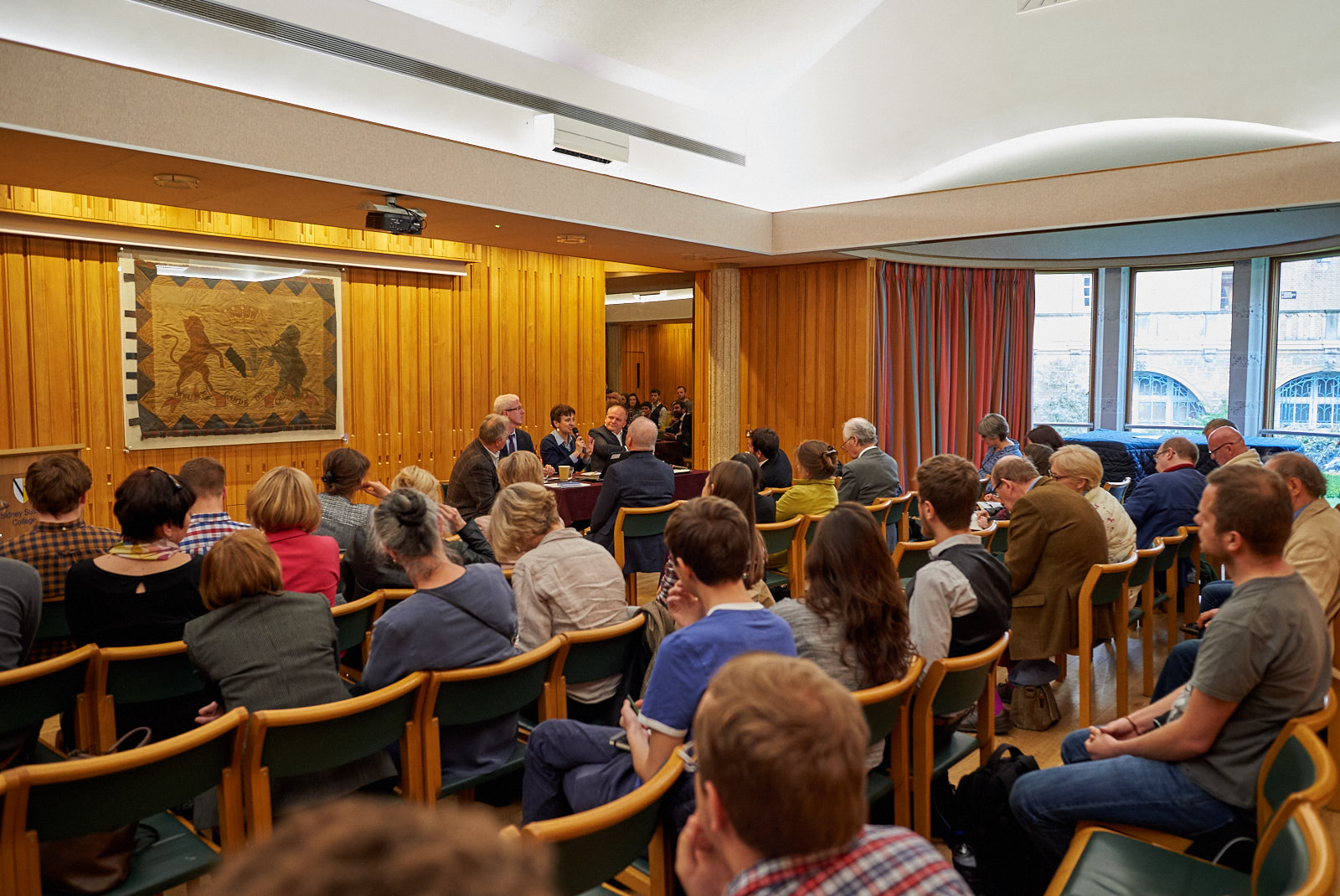
听
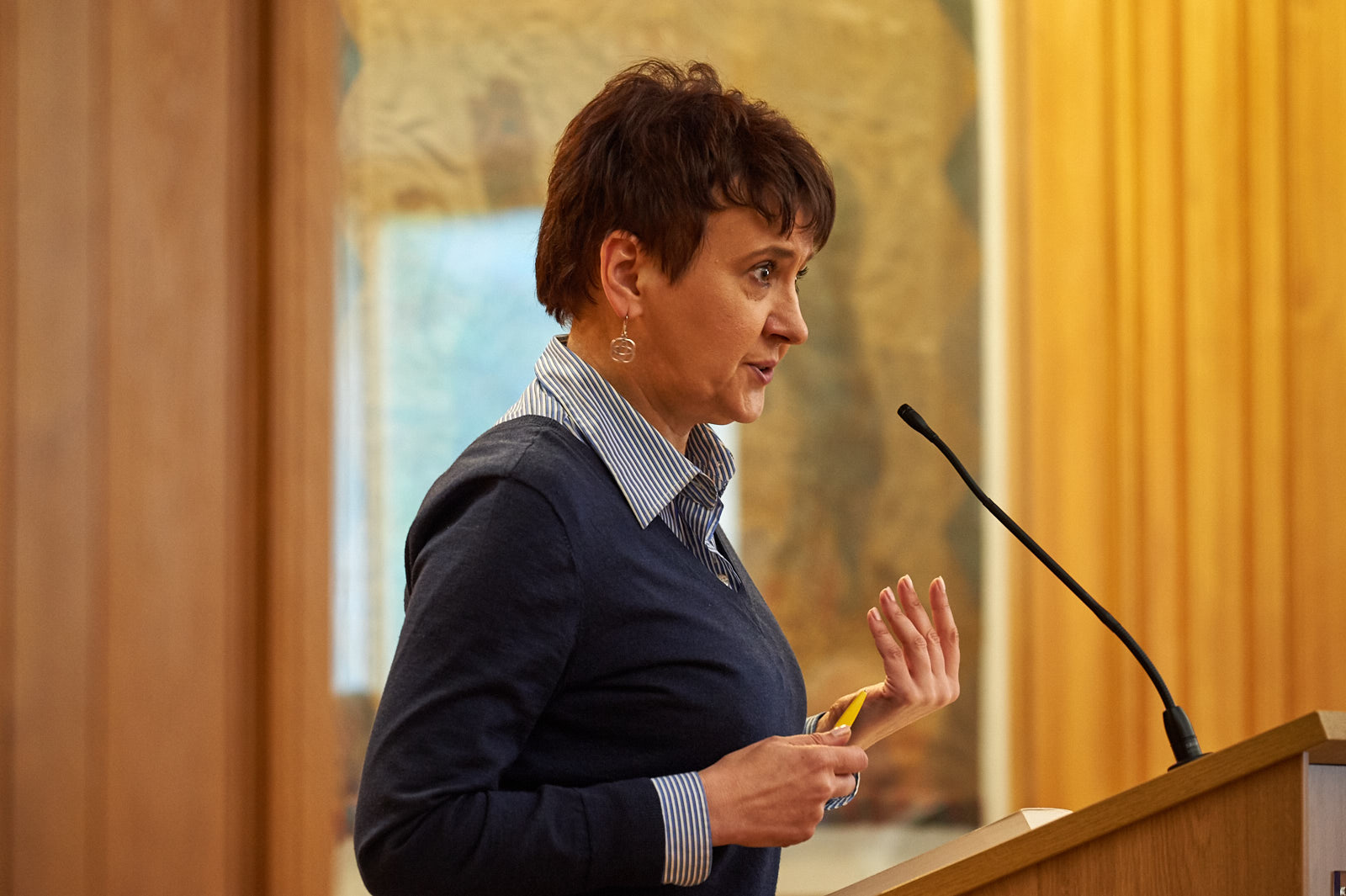
Oksana Zabuzhko.
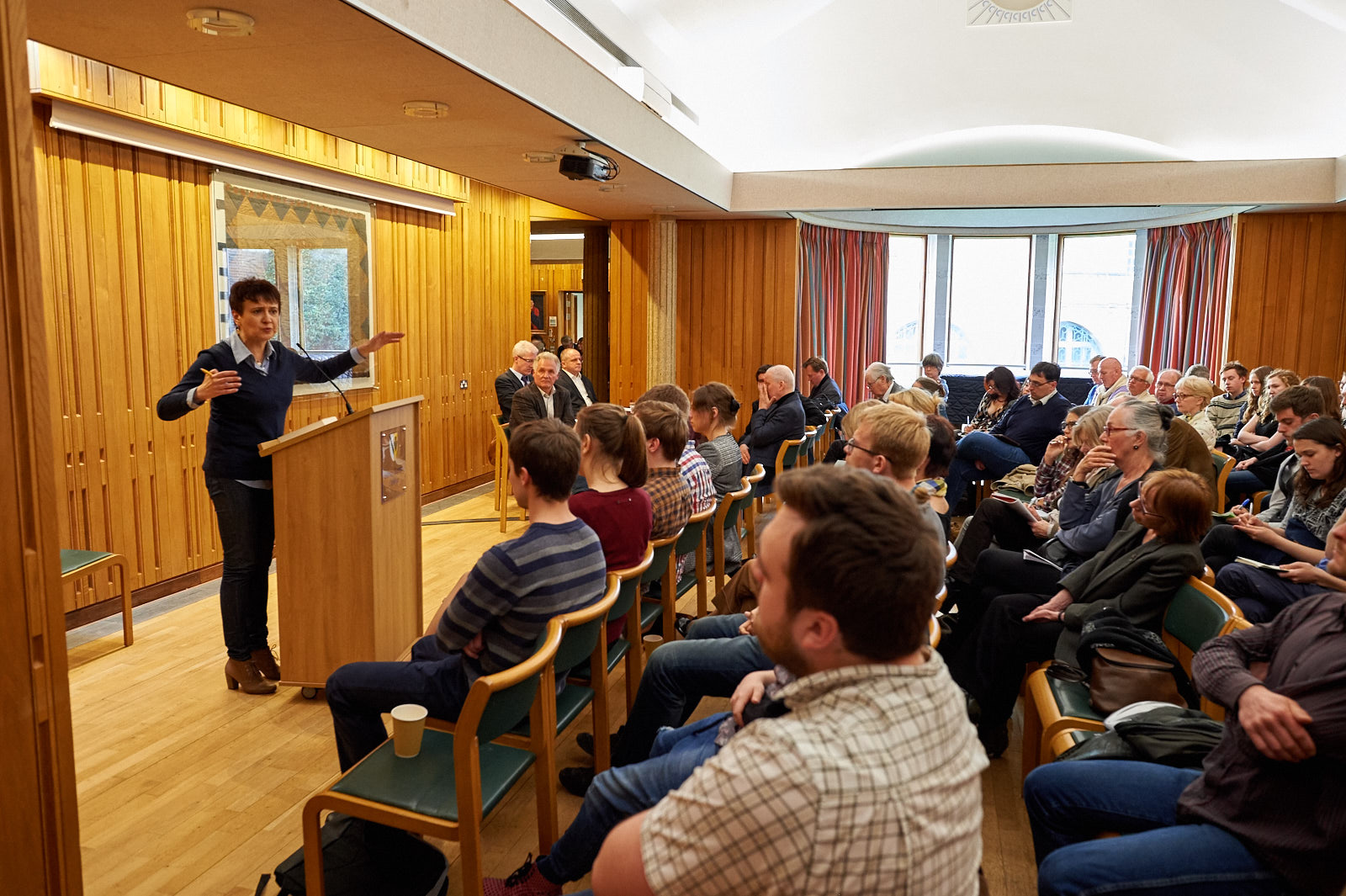
听
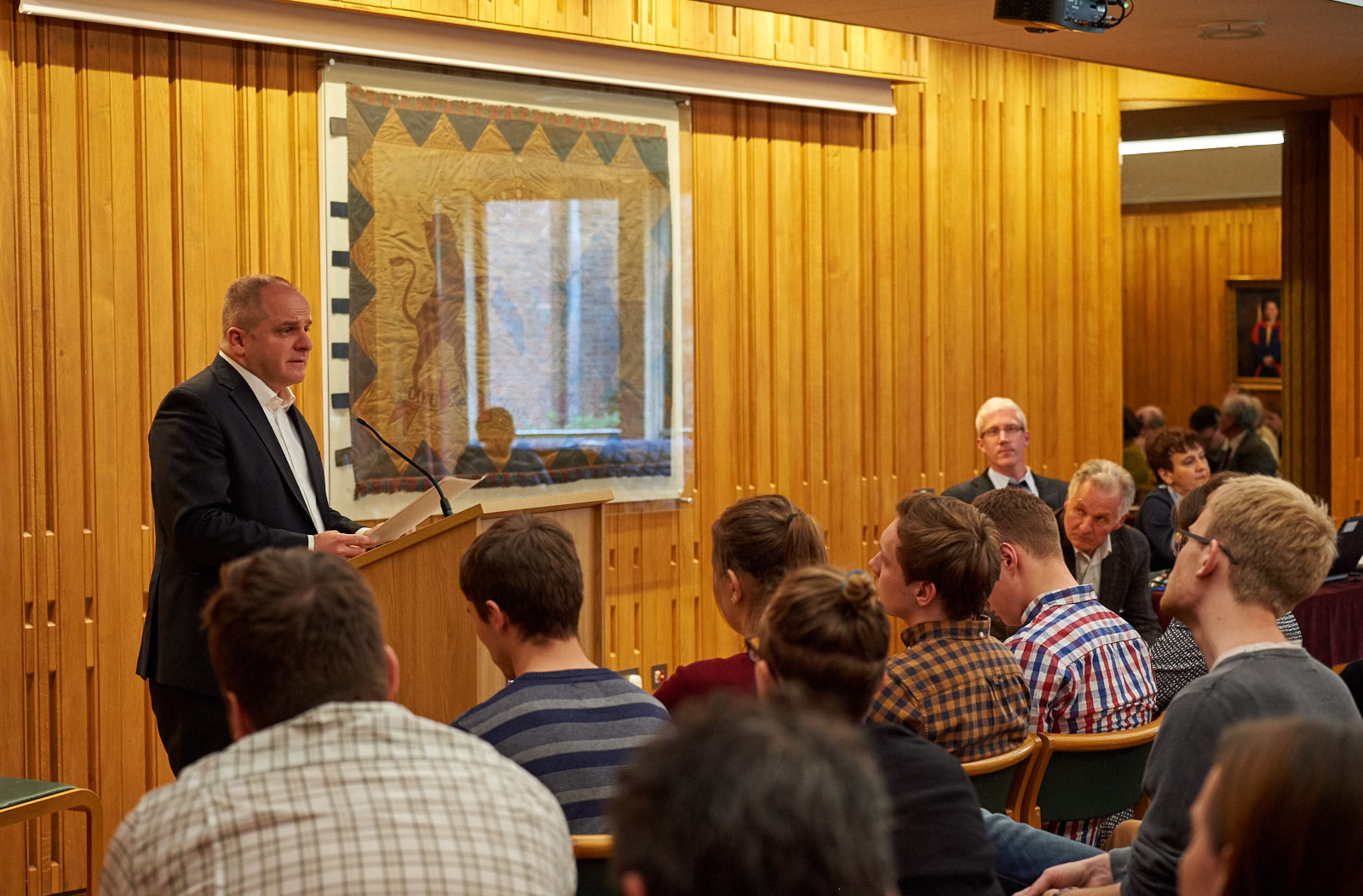
Pawe艂 Kowal.
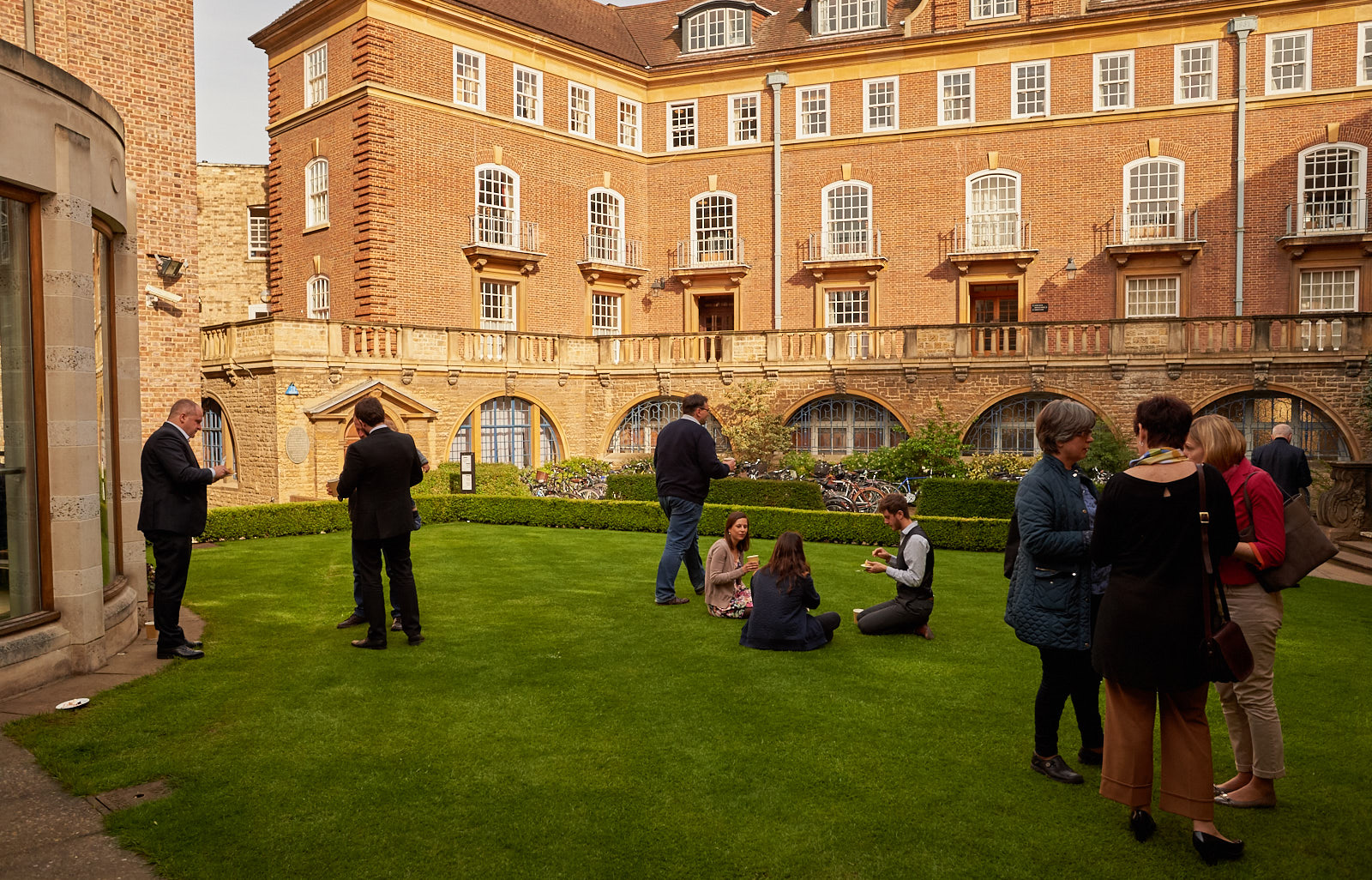
听
In two sessions of presentations and discussion, we examined the legacy of Poland's Solidarity movement and the听connections with Ukraine's "Maidan" revolutions, especially the Euromaidan听Revolution of 2014. In particular, we asked听whether there are lessons to be learned from Poland's successful post-1989 transition, and whether Ukrainian activists can draw on the experience of Poland's anti-communist civil society movement as they attempt to force lasting change to听the institutions of a new democracy.
What are the major contextual similarities and differences between the two movements? How did Solidarity manage the transition from civic movement to political force shaping democratic institutions?听What is the current significance of Polish support for Ukraine?听How have Solidarity veterans - including听Zbigniew Bujak听- shared their experience with Ukrainian civil society groups? What is the present state of the Ukrainian Revolution and how can it continue to move forward?
听
Programme
Session 1, 3:00 - 5:00pm: 听Marci Shore, Krzysztof Bobi艅ski, Andrii听Portnov.
Coffee break,听5:00 - 5:30pm.
Session 2, 5:30听- 7:30pm: 听Zbigniew Bujak, Oksana Zabuzhko, Pawe艂 Kowal.
听
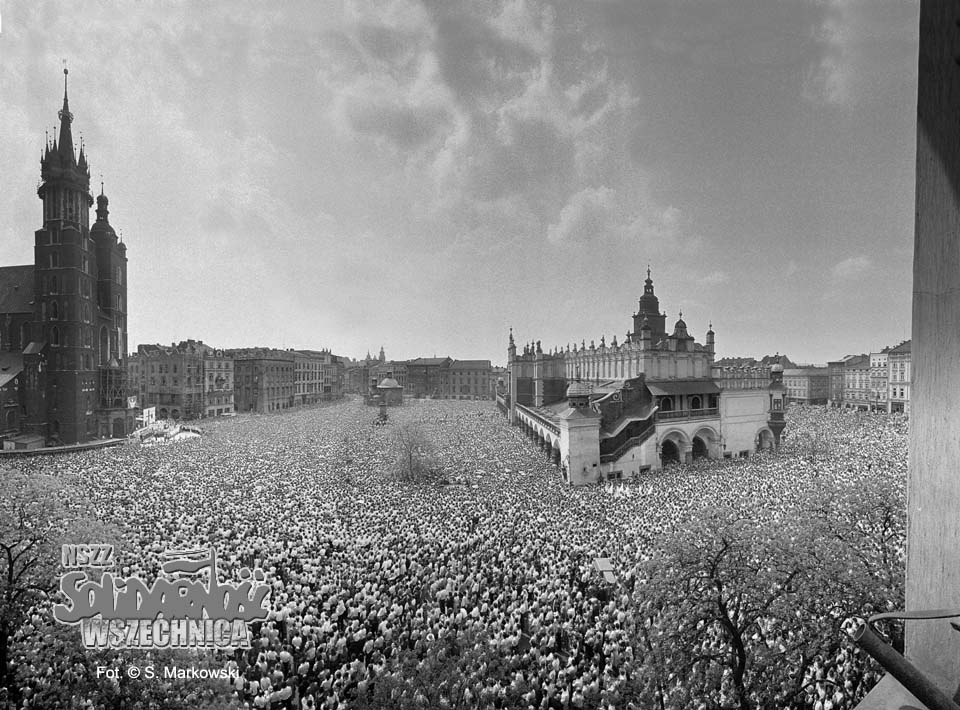
听
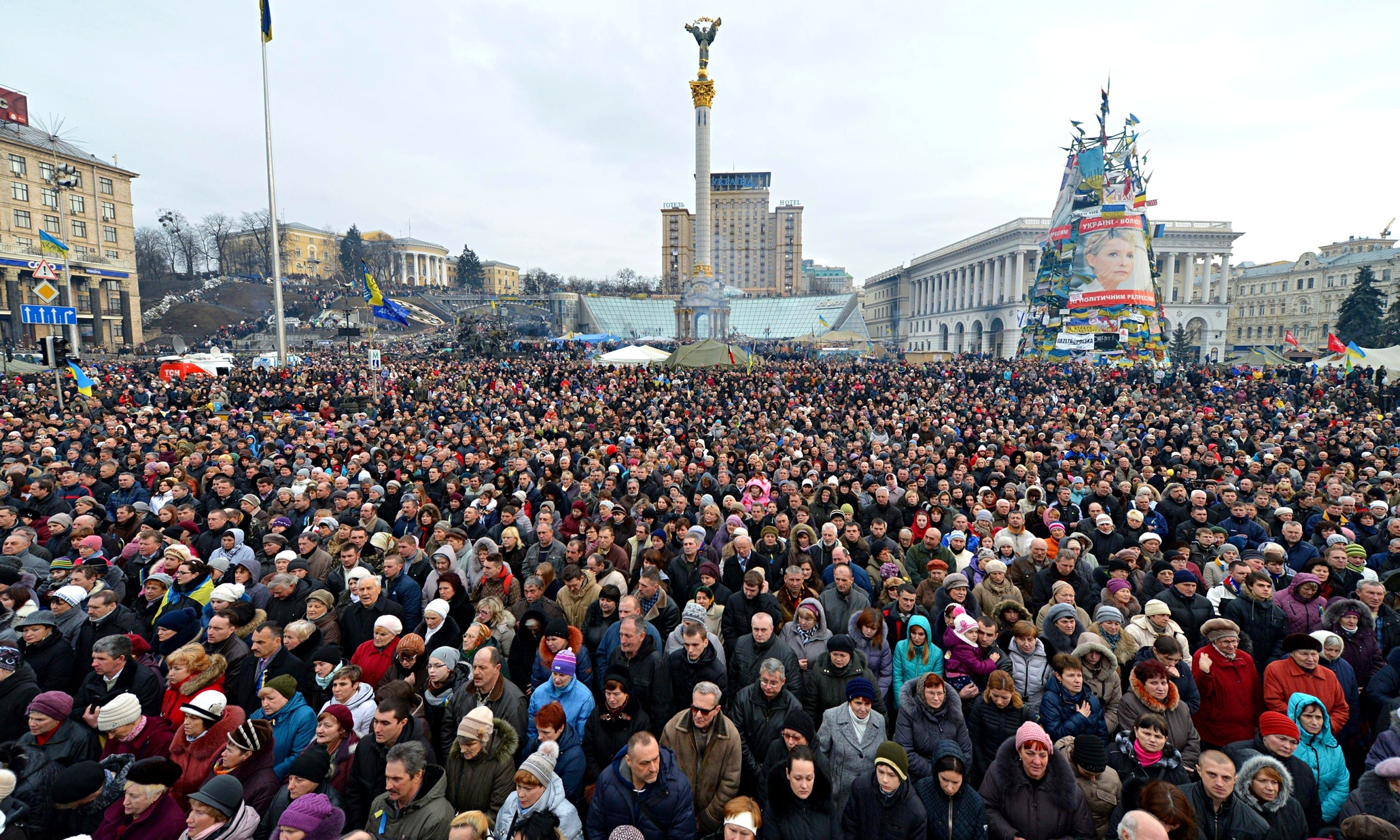
听


